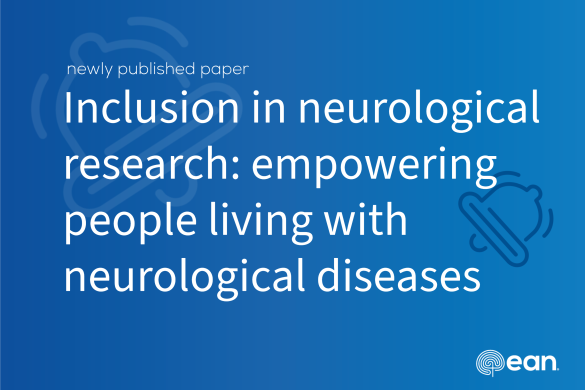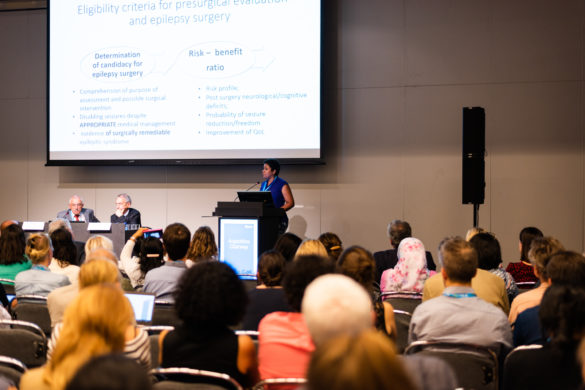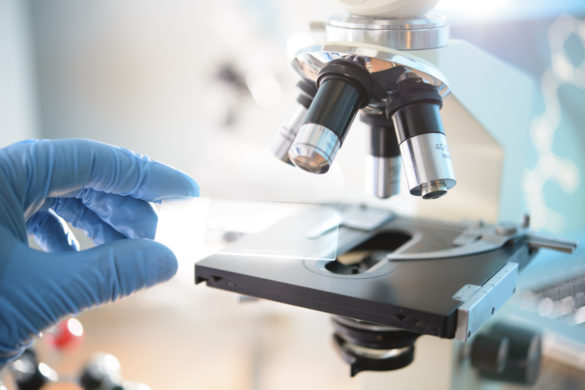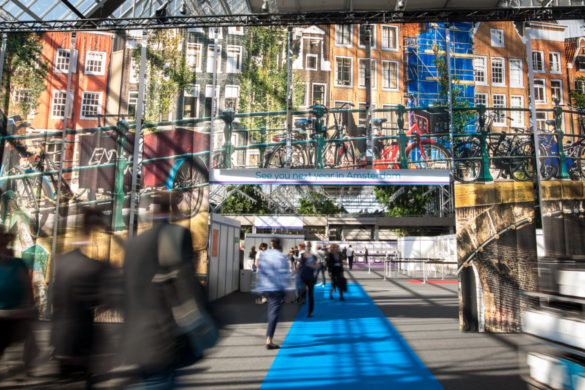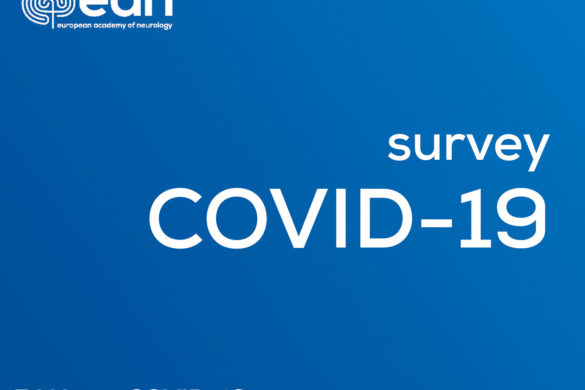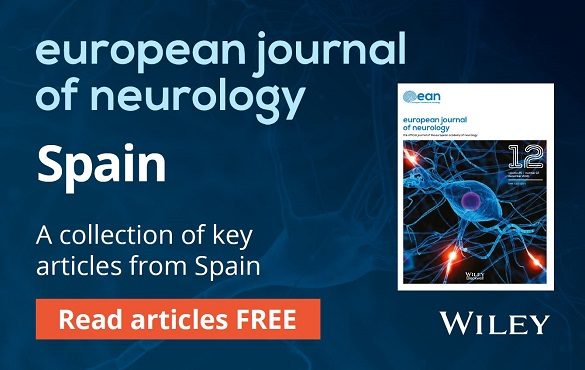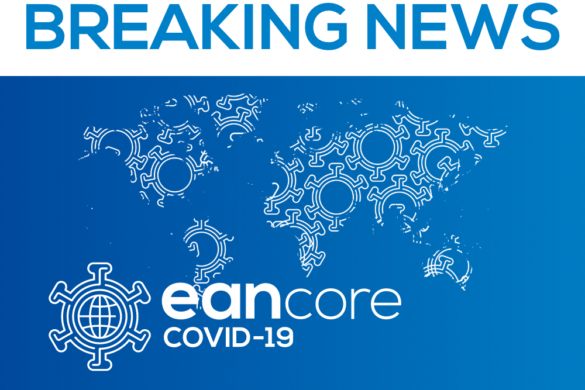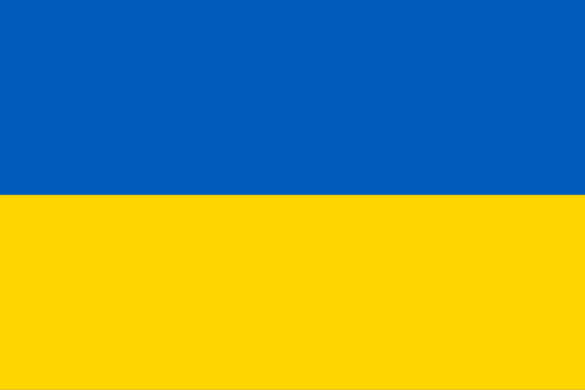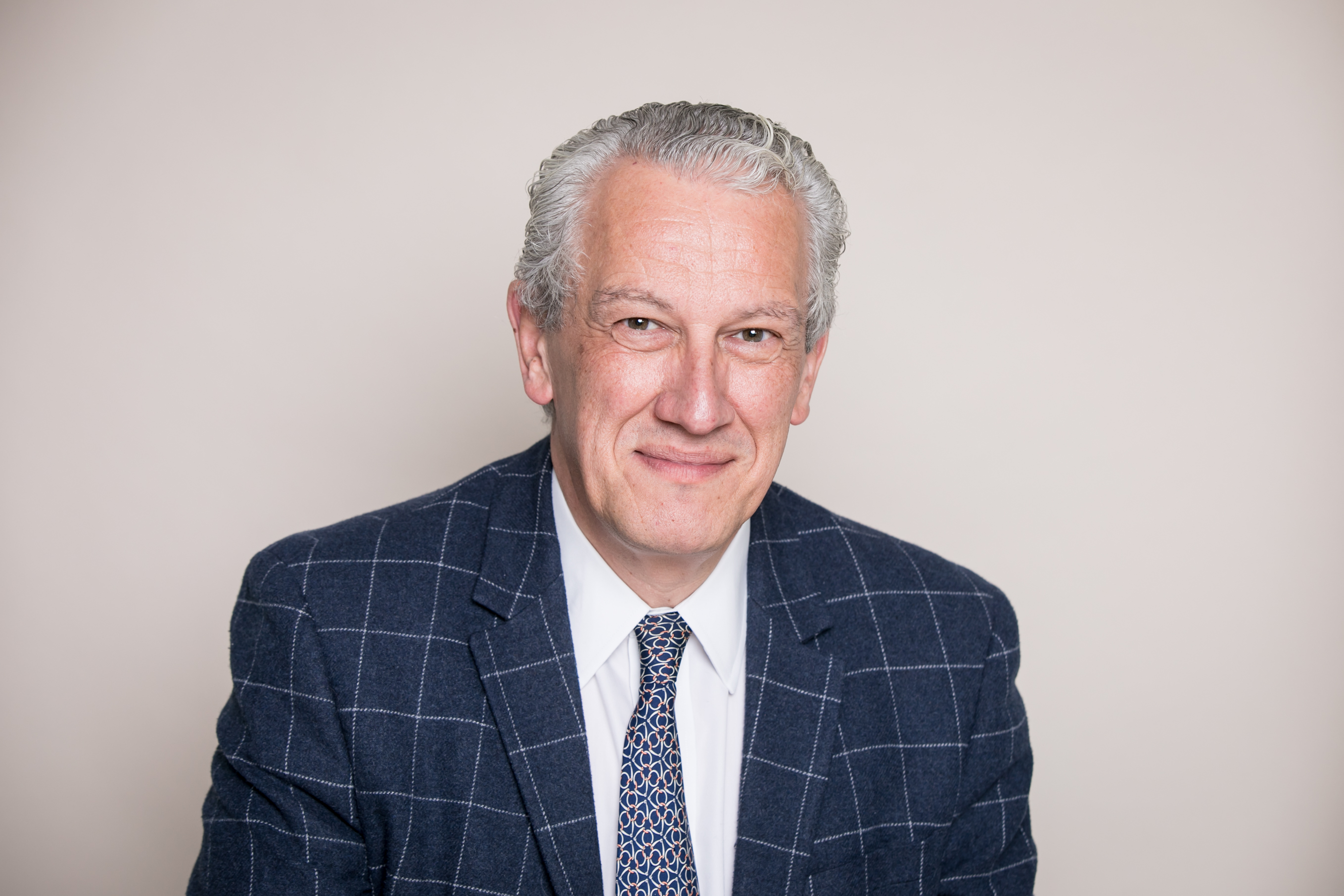
Prof. Paul Boon is Professor for Neurology in Ghent, Belgium and was chair of the EAN Programme Committee from 2015-2018.
EANPages: How do you see the role of the Programme Committee within the overall work of EAN?
Paul Boon (PB): The programme committee is the forum of exchange, discussion and decision on major aspects of the yearly EAN congress. The EAN congress is a scientific and educational meeting that is the flagship event of EAN. The PC decides on the main building blocks of congress. It is the PC that selects the proposals for symposia, sessions and workshops and the submitted abstracts for oral and poster sessions. While the PC has a central role in organizing the congress, there is a close collaboration with the head office, the PCO and the other standing committees of the EAN, in particular the education committee, the teaching course subcommittee and the scientific committee.
EANPages: What do you consider the main achievement of the Programme Committee under your leadership?
PB: I have greatly enjoyed the close and fruitful collaboration with my colleagues in the PC, each of them contributing in one or many ways, with their individual subspecialty background and additional creative, intellectual and managerial skills. We have forged an effective modus operandi, developing and using standard operating procedures and statistical methods to make the selection process more strategical and effective and at the same time fair and transparent. There was a whole lot of trust and friendship among our members. We have worked effectively with Congrex as our PCO and over the years the head office has become progressively more involved in the congress organization. This was achieved in a very professional and effective way, much to the appreciation of the EAN board and membership. Due to the availability of so many high quality submissions by the EAN scientific panels, other stakeholders and EAN affiliated societies, the PC has been able to consecutively create 4 EAN congresses, that were of ever increasing quality and number of participants. By introduction numerous new session formats such as the named lectures and setting an overarching theme the level of quality and excellence of the congress has risen substantially. The EAN congress is now considered increasingly as a “must attend” by neurologists around the European continent and beyond. Together with the head office and the promotional team we have been working hard on creating a stimulating and warm “home of neurology” feeling during the congress, with the purpose of not only promoting science and teaching but also fostering the sense of community among the participating neurologists and neurologists in training.
EANPages: What is your wish for the future of the committee?
PB: My wishes for the future are that the next PC, under the leadership of Professor Marson, will further develop the congress along the lines set out by the previous PC but at the same time will keep innovating and refreshing the congress format and content. The EAN congress should become an even more widely recognized flagship event of general neurology, a yearly event of the highest scientific and tutorial level that reflects the vivid and sparkling neurology community in Europe.
EANPages: Thank you for your time!




